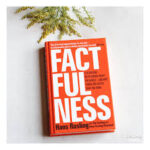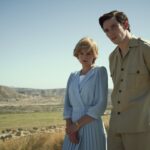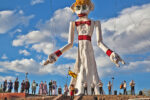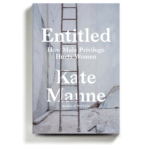The world of cheap produce and its consequences
By Bee Wilson If you want to make a roomful of people argue with each other, one of the fastest ways is to express any kind of opinion about “cheap food”. To some, it is perfectly obvious that cheap food is an evil that results in underpaid farmers, degraded land and tortured animals. To others, it is equally obvious that cheap food is the great safeguard that stands between poor people and hunger. To this second group, the attacks on cheap food look suspiciously like “And-where-do-you-shop?” snobbery from those who have never known the anxiety of feeding a family on benefits. But to the first group, most of the so-called cheap food in the world is not as cheap as it seems – the concept ignores the high external costs of industrial agriculture. As so often in heated debates, the two sides are arguing about different things. “Cheap food” has many faces, depending on whether you are a producer or a consumer and also whether you happen to have a shopping list in your hand. Food retailers know that it is an unusual customer who does not look favourably on low prices – or “everyday value” as the supermarket Tesco has it. The same was true in Victorian London, where anyone who wanted to buy a pound of strawberries or some onions or a nice fresh herring for the lowest price would get it from a street seller called a costermonger. The word costermonger derives from a kind of large round apple called a “custard” (not to be confused with the Asian fruit the custard apple), but by 1850, these humble pedlars were selling not just apples but almost any edible item that a Victorian could want, from oysters to gooseberries, and from bloaters (a kind of smoked herring) to […]










